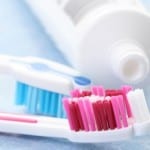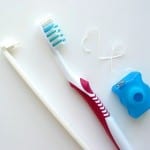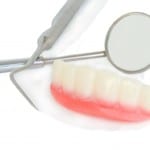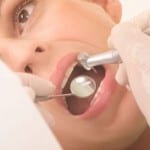 Never underestimate the importance of a dental check-up. Ideally, patients of all ages should be visiting their dentists for check-ups every 6-9 months.
Never underestimate the importance of a dental check-up. Ideally, patients of all ages should be visiting their dentists for check-ups every 6-9 months.
Regular dental check-ups are vital as they allow your dentist to notice any changes in your mouth, chat to you about general oral health maintenance, pick up potential warning signs and discuss any problems you may have been experiencing with your teeth.
Check-ups are nothing to worry about and only take a few minutes. They don’t involve any drills, needles or injections and are pain-free. When you come for a check-up with us, one of our dentists will examine your mouth, checking your teeth, gums and tongue, and then give your teeth a quick clean and polish. They will note down any changes to your mouth in your dental notes, and chat with you about any problems you may have with your teeth, discussing further treatment procedures if necessary.
A dental check-up is a key component in the preventative approach to oral health. However, if you do happen to notice any strange symptoms such as sensitivity, toothache or bleeding gums, you should arrange a dental check-up to get the symptom(s) looked at, even if you’ve recently had a check-up or a scheduled to have one in the near future. We advise that in the event of symptoms arising, you should book an appointment as soon as you can so that your dentist can check for potential issues. The earlier dental problems are spotted and treated, the better.















